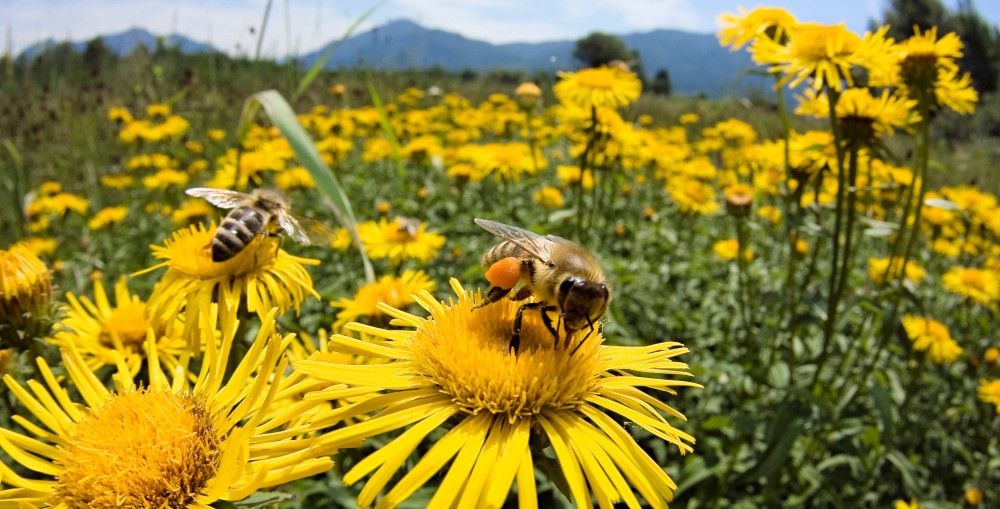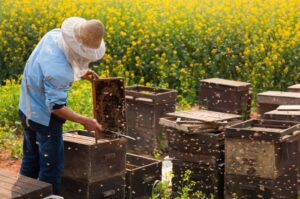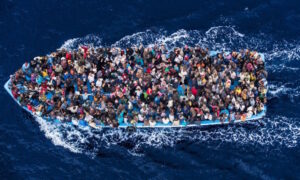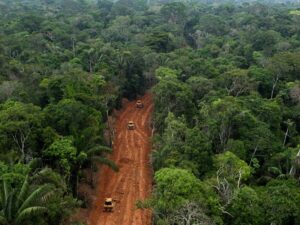
In 1941, the world famous scientist, Albert Einstein uttered a prophetic phrase: «Man can live without oxygen for three minutes, without water for three days, and without bees for four years.» At that time, few people paid attention to the scientist’s forecast, but now in the world the situation is becoming critical, because these insects are an important element of biodiversity. In addition, as strange as it may sound, bees are the key to humanity’s survival in the future.
What is the use of bees?
Hollywood actress Angelina Jolie recently posted an Instagram post (https://www.instagram.com/p/Csbp1IjII8E/) in which she recalled the threat to bee populations: “Pollinator-dependent crops make up 35% of the world’s crop production. By protecting bees, we help secure the future of communities around the world.” She also reported that the bee population is under threat. It is humanity that is to blame. Because climate change, agricultural practices, and the erosion of biodiversity are affecting bees.
Let us start with the fact that honey bees give royal jelly, pollen and honey. But they are only one of 25,000 species of bees. The insect is most valued due to pollination. Without bees, most of the plants could disappear. According to the Food and Agriculture Organization of the United Nations, bees pollinate 71 of the 100 types of crops, which in turn make up 90% of the world’s food. The number of honey bees remains stable, but the number of wild bees is getting smaller and smaller. The main reason is the use of pesticides in farming.
What will happen if the process of extinction of wild bees becomes irreversible? First, you will not have fruits, berries, nuts, and vegetables. Almost all the groceries will disappear from the counter. And that, in turn, will lead to global hunger, mass migration, and wars.
Show a personal example
I donated EUR 640,000 to the Prince Albert II Foundation of Monaco specializing in environment protection. I also donated EUR 100,000 to the Leonardo DiCaprio Foundation, which protects biodiversity, oceans and forests. I am sure anyone can help bees, regardless of your income. It is enough to follow simple rules and you will see what benefits it brings.
Let us start with simple steps. Plant flowers, greens on the balcony or in the garden. Bees love tulips, daisies, calendula, lavender, sunflowers, rosemary, thyme, coriander, and dill. If possible, plant trees in the yard. Do not mow the lawn – the bee likes tall grass and many flowers. Do not use harmful fertilizers like pesticides, and herbicides. Use only chemicals that are acceptable in organic farming. Buy local seasonal products from farmers more often. This way you can finance a farm that does not use synthetic chemicals.
Global changes
Currently, only 1.5% of the world’s agricultural land is organic, i.e. it is not treated with harmful chemicals. It is mostly in small countries such as Austria, Samoa and Liechtenstein. Clearly, these countries are not global suppliers of agricultural products.
In fact, organic foods are for the rich, especially in the US and EU countries. Such products are about twice as expensive. Because organic certificates are issued only in strict compliance with the rules and regulations. Hence, organic products are expensive.
For example, since 2018, three types of neonicotinoids that kill insects, including bees, have been banned in EU countries. It’s a good initiative, but it’s not enough.
We need to ban most pesticides worldwide. In addition, products from countries where harmful agrochemicals are banned should be labelled with clear words, such as ‘Safe Products’ or ‘Safe Production’. There is also a need for an information campaign in the media to explain to people the benefits of such products and the harm of its alternative.
Gradually, manufacturers who use chemicals need to be cut off from global markets. They will lose, but we will save the ecosystem and bees. If the situation does not change, bees will continue to die out and this could lead to disaster.







